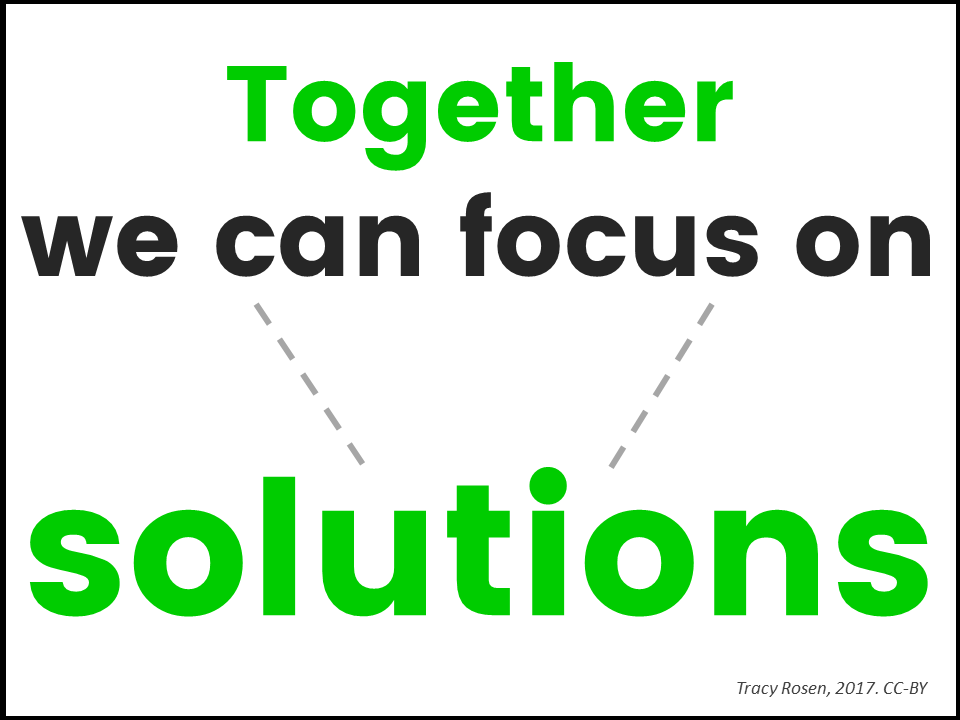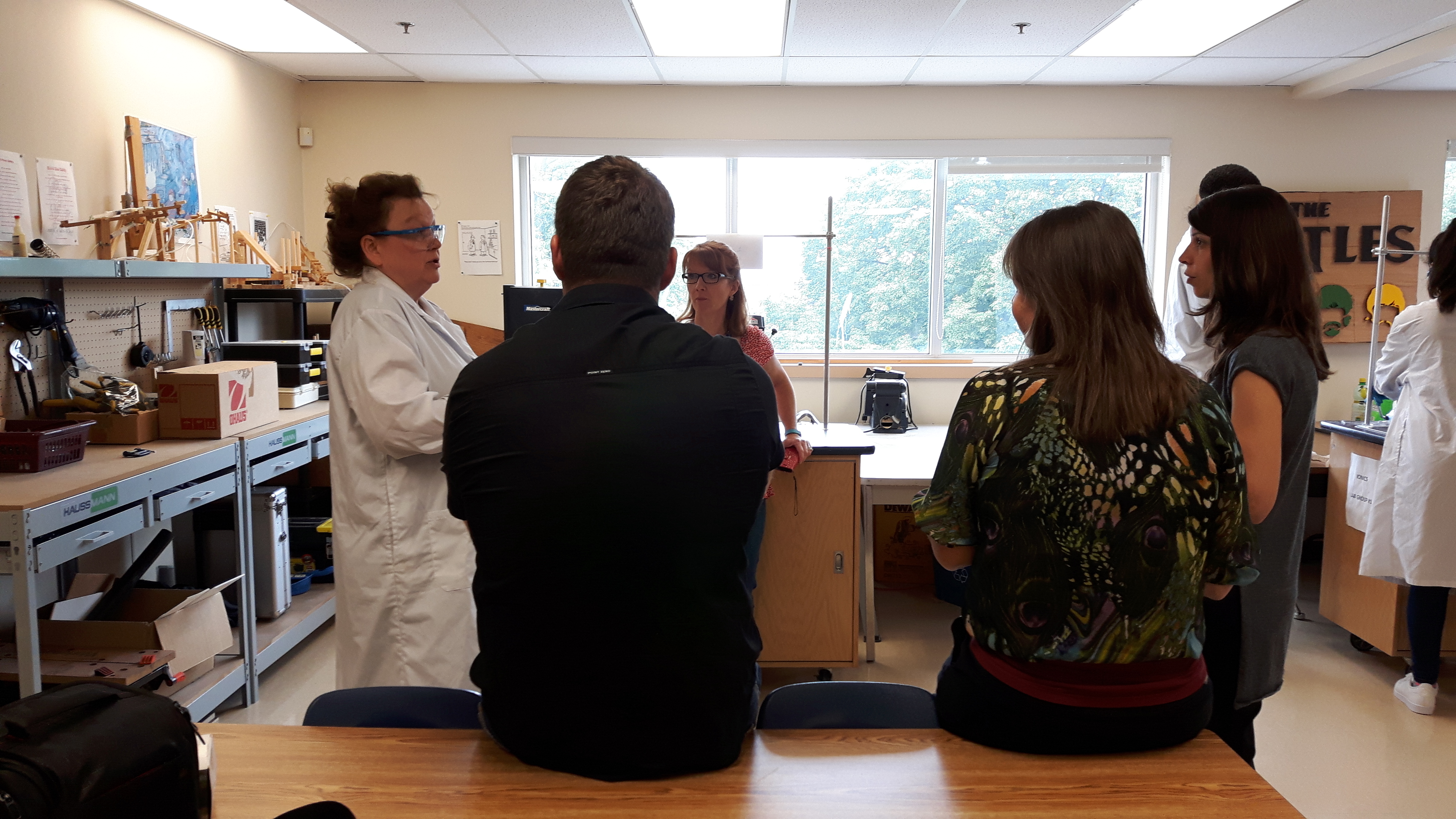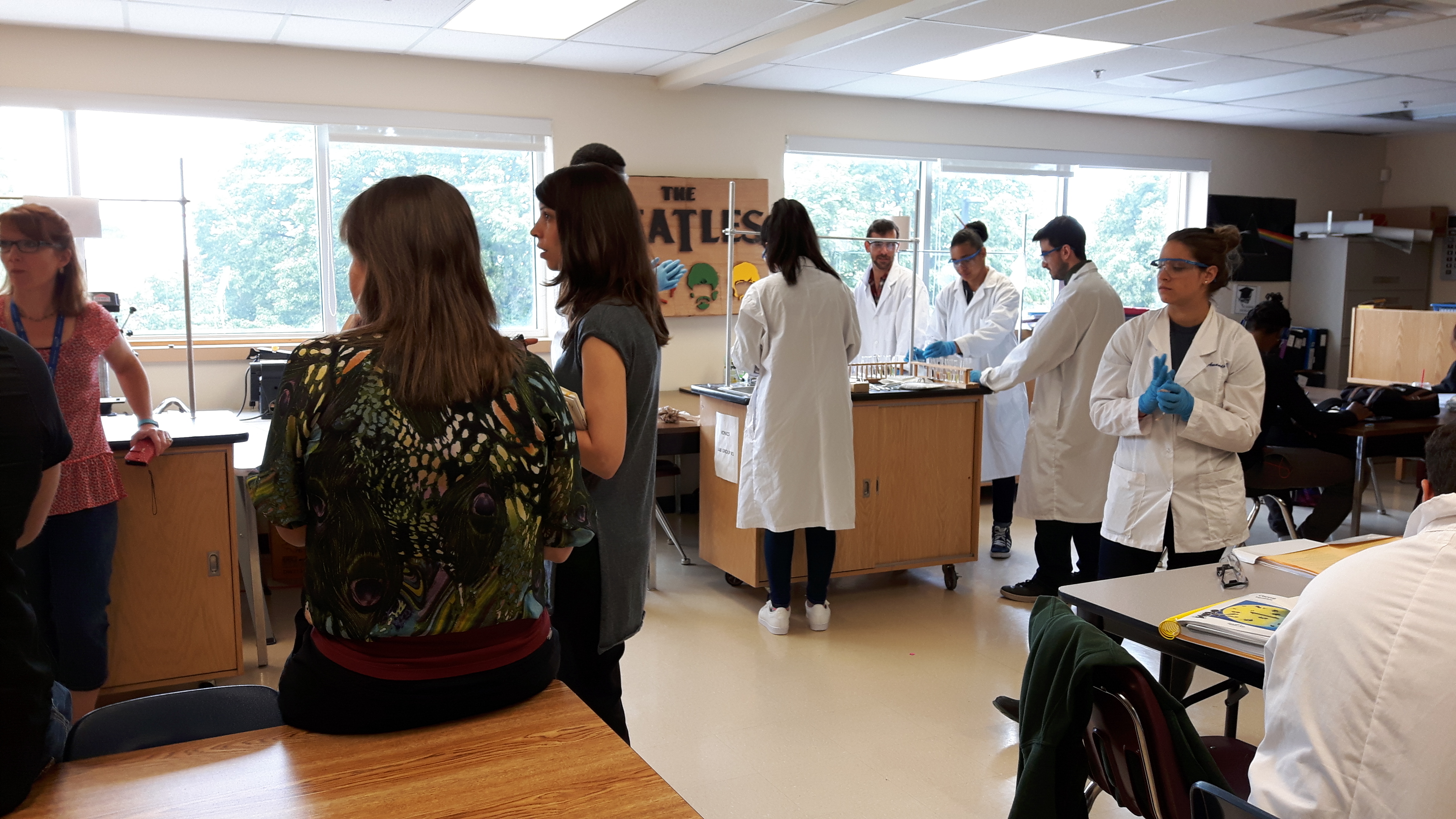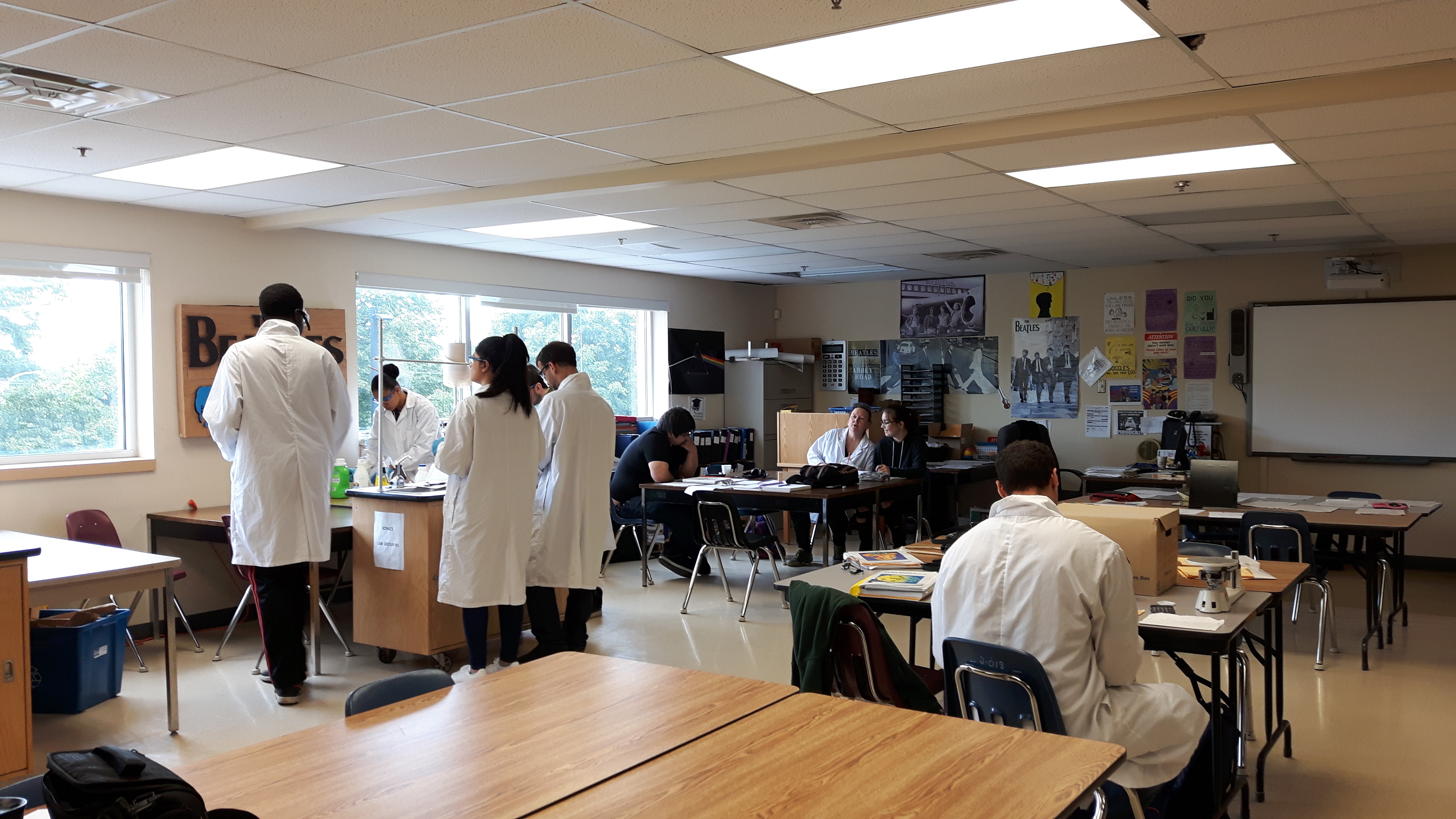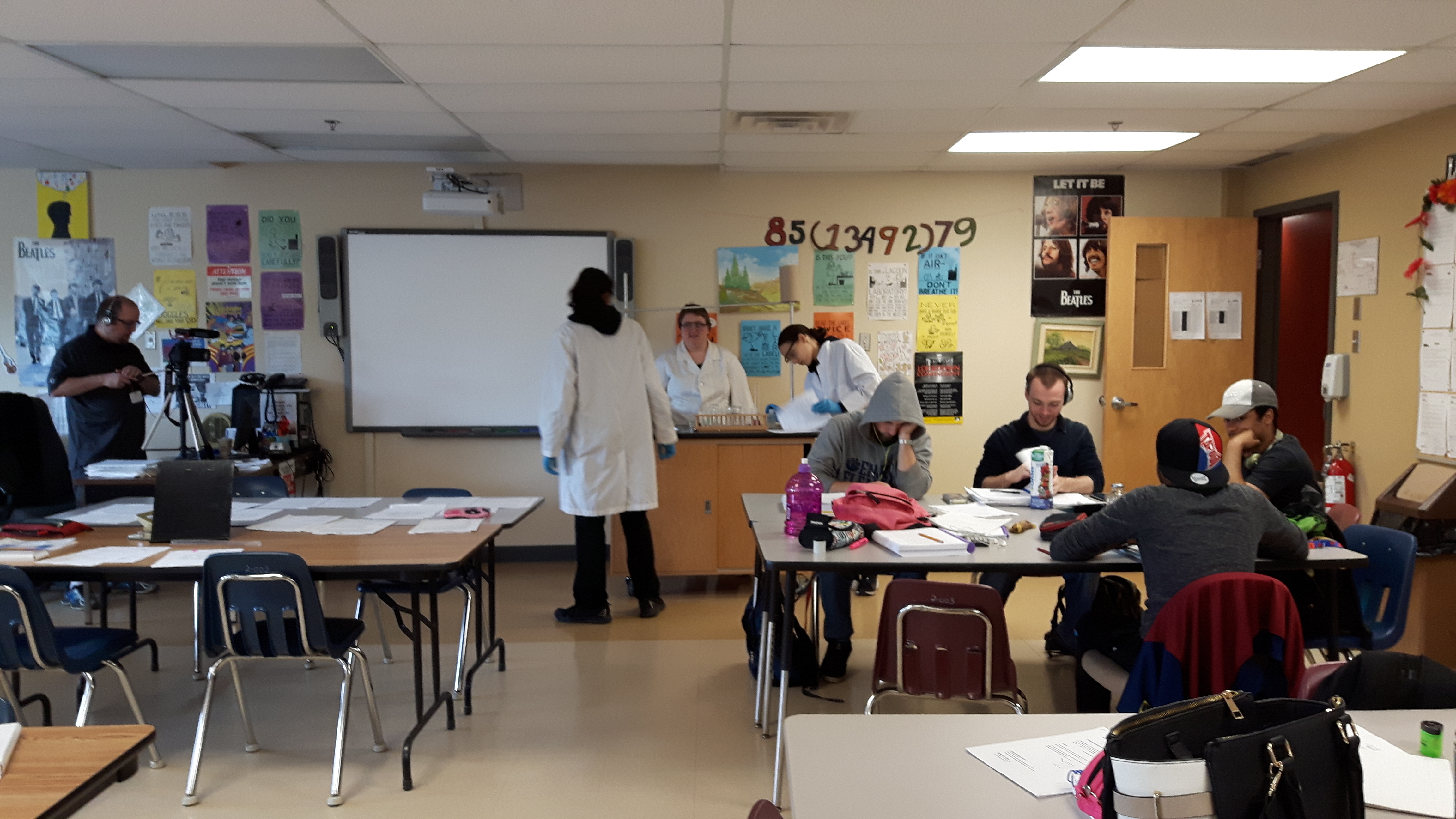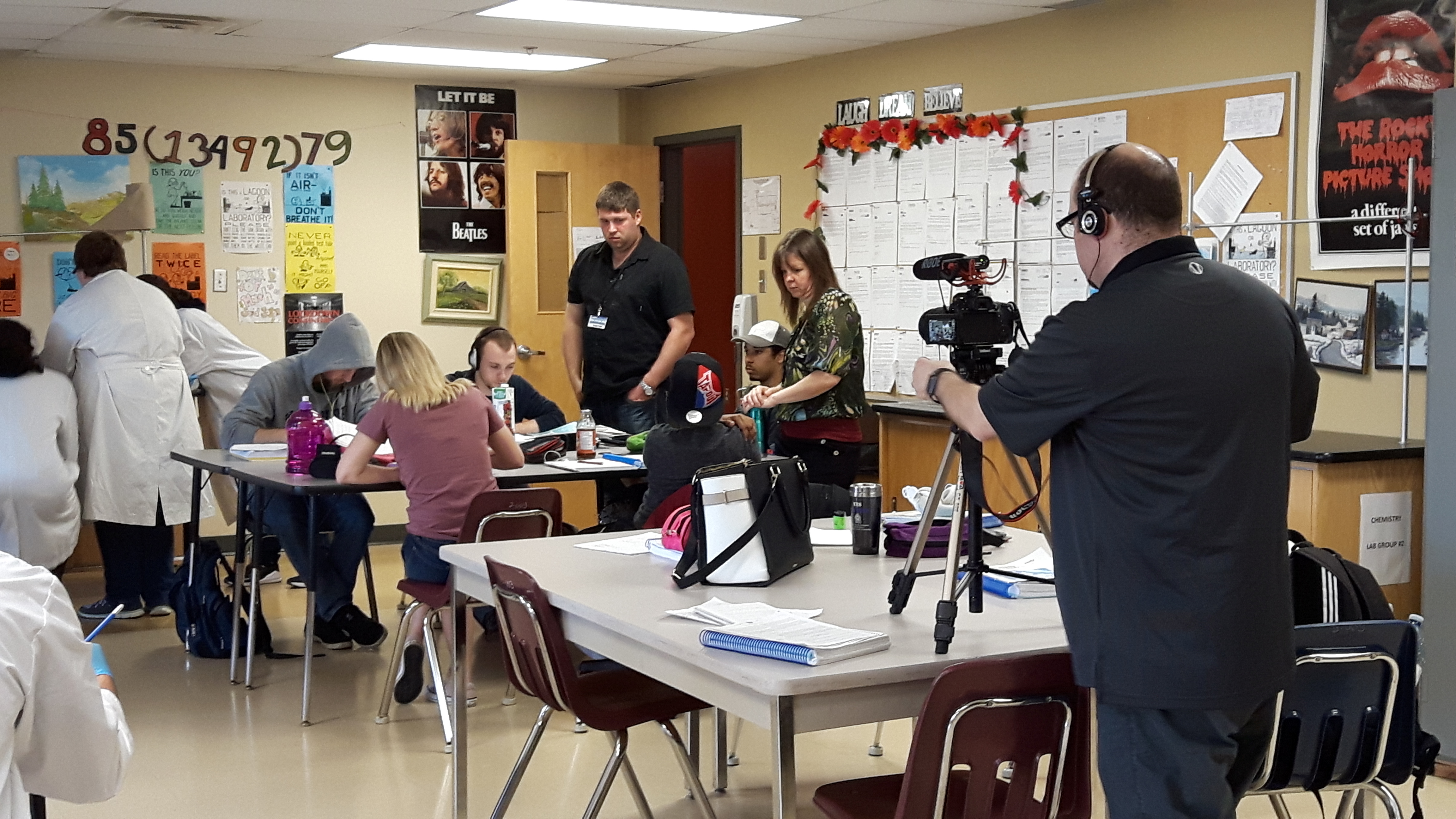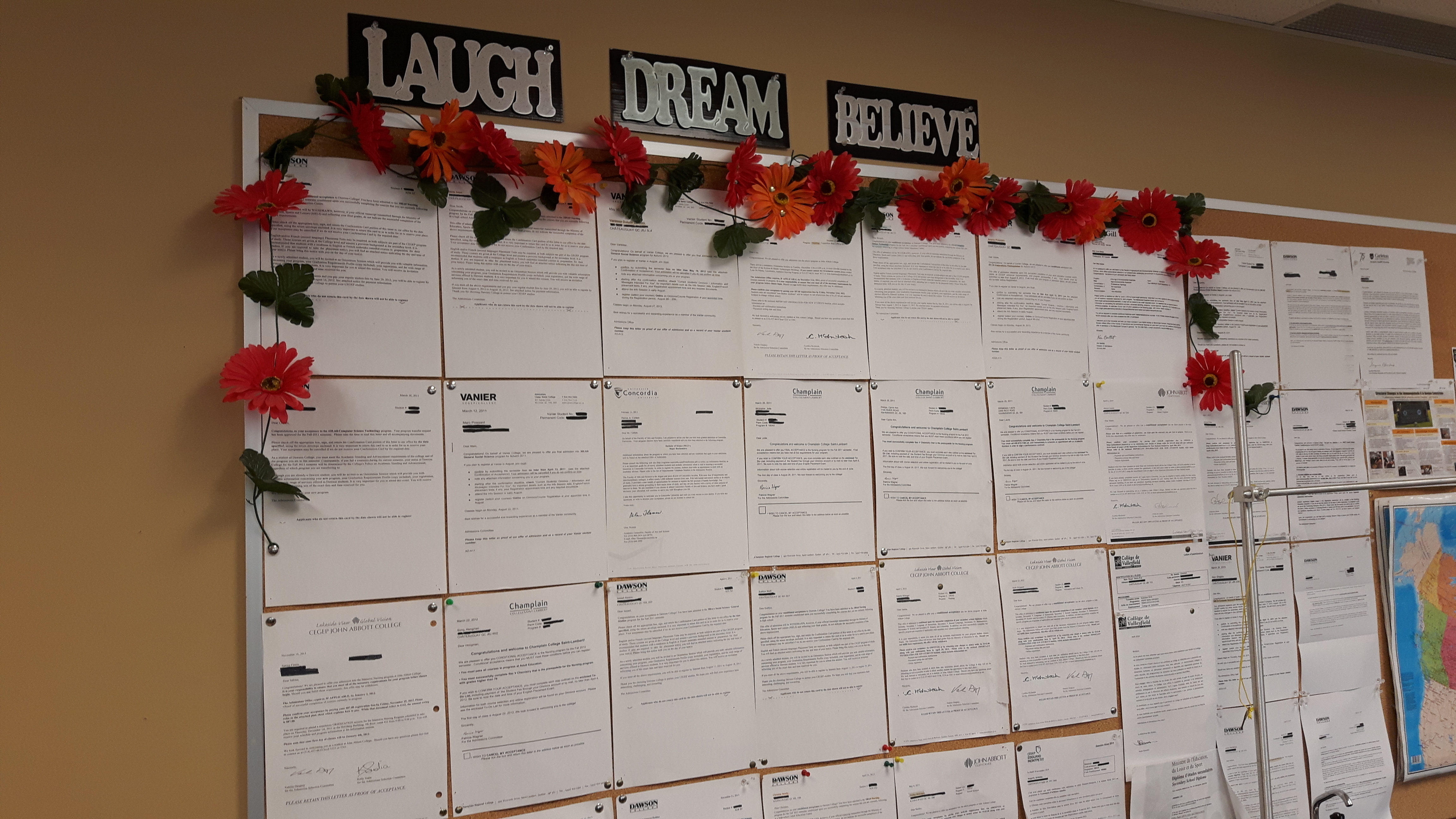Flexible spaces for individualized classrooms
A place for everyone.
I taught a multi-level French Second Language course a number of years ago. The students were following a mix of Pre-secondary through Secondary five programs – and I had one student studying math. The students were part of a special program offered through Tewatohnhi’saktha and Nova Career Centre and they had one morning of French class a week. The work was immense. And there was one French class a week.
When I think about multiplying the work 3, 4, or 5 times a week, I start to shake. Yet this is what many teachers in Adult Education in Quebec do on a regular basis. The longer I work in Adult Ed, I am seeing that individualized classrooms are more the norm than the exception. I am humbled by teachers like Janie Lamoureux and Karine Jacques (and so many more!) who strive to make their classrooms work for all of their students, regardless of level, background, or course they are taking.
…& they do this through flexible learning environments.
But of course, flexible learning is SO much more than just a pretty space! And this is what Janie & Karine spoke about at the first après-cours for individualized teachers of the year, November 6, 2018.
An après-cours for individualized teachers.
Avi Spector, Véronique Bernard, and I decided to create an online community for Individualized teachers so they could have a place to meet with others and talk about the unique challenges and opportunities that come with an individualized classroom.
The theme for the first meeting was changing things up in the classroom and I think the best thing we did was to hand the content over to two master teachers – Karine Jacques & Janie Lamoureux. They spoke about how their flexible classroom environments help their students as well as their teaching. The meeting was completely bilingual and it was great to see the chat box blow up in both English and en français!
Their presentation/conversation was nothing short of inspiring. Below is a video of the meeting and some links to other resources from the après-cours. Enjoy – and I hope to see you at our next meeting! We will announce the date soon.
Resources
- Blog post on the Après-Cours FGA website (en français).
- English presentation
- French presentation
- Collaborative notes – with the chat box transcript – great stuff here!

